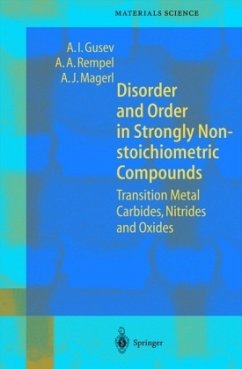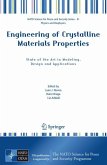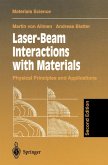long to understand that the phenomena associated with the redistribution of interstitial atoms and structural vacancies in non stoichiometric compounds represent an excellent model of analogous phenomena arising in solid-state systems with mutual substitution of components. Therefore methods of analysis and description proposed and developed for nonstoichiometric compounds are applicable to a number of systems with substitutional disorder. In 1980, when we embarked on this work, ordering in nonstoichiometric compounds was assumed to be a rare and accidental effect, which hardly deserved close attention. Now many people understand that ordering represents a general regular phenomenon in all non stoichiometric compounds. Ordering effects, which were not even mentioned, or were referred to as something insignificant and negligible just 20 years ago, proved to be numerous and comparable in magnitude with the change of properties in the whole homogeneity interval of non stoichiometriccompounds. Phase diagrams of binary systems of transition metals with carbon and nitrogen, which remained unchanged from the time they were plotted in 1950-60s and containing one or two nonstoichiometric compounds, were enriched with many ordered phases. Unfortunately, the accumulated experimental and theoretical knowledge has not so far been disseminated widely.
Bitte wählen Sie Ihr Anliegen aus.
Rechnungen
Retourenschein anfordern
Bestellstatus
Storno








